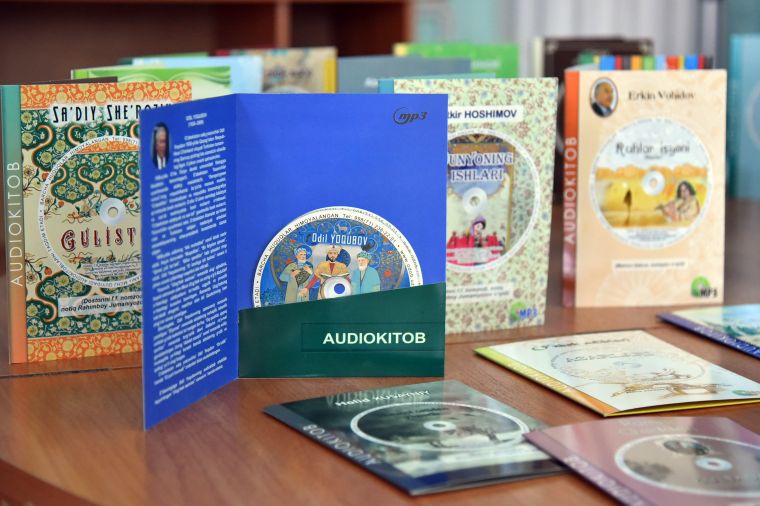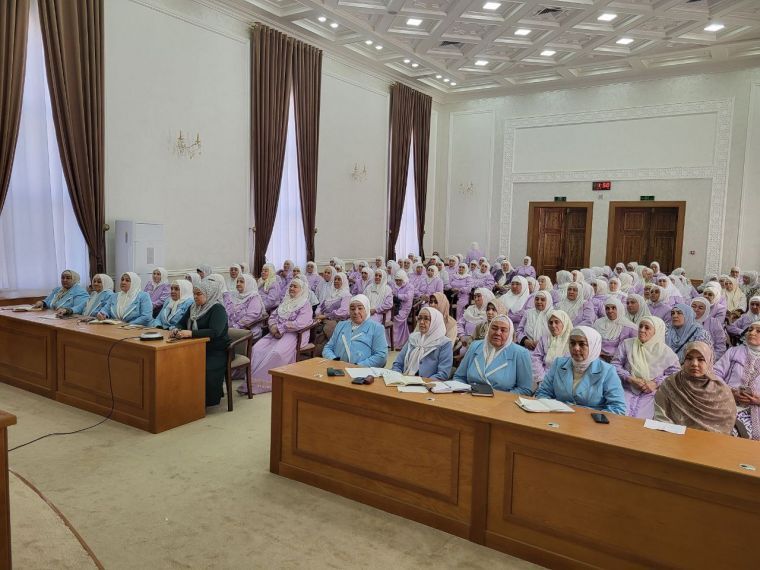Tashkent city



Uzbek literature Literature and art of Uzbekistan is called one of the bright and wonderful pages of the history of the world artistic culture. Along with Egypt and Mesopotamia, Greece and Rome, India and China, Central Asia laid the foundations of human civilization. The emergence of a cultural phenomenon in Uzbekistan is mainly due to its geographical Mesopotamia, where agricultural centers have been location in the Central Asian formed since ancient times. Uzbek literature history The most ancient Uzbek oral literary works are over 200 epic poems, many legends, epic songs performed by folk poets - bakhshi. Heroes of folklore struggle with hostile forces evil spirits, dragons. The oldest cycle of epic poems Ker-ogly and the poem Alpamysh were written around the 10th century. Alpamysh went in the folklore of all the peoples of Central Asia. It talks about the courage of folk heroes, courage and hatred of enemies; it contains many witty aphorisms, vivid metaphors, colorful descriptions. Another popular work from the cycle Ker-ogly is a poem about the transforming power of love of Ravshan-Hon. Many times later it was processed by folk poets. The satirical novels of Nasreddin Afandi, in which the khans and bais are derided, are popular. In the oral Uzbek literature, people of different nationalities - Chinese, Iranian, Turkmen, Negro, etc., female images are devoid of sentimentality. In the XI century, many works are created, based on religious norms of Islamic morality. These are the instructive poems "Kugadau Bilig" ("Knowledge of Grace" or "Science of Happiness") by Yusuf Khas Hadjib Balasaguni, the poem "Khibat al-Khakaik" ("Gift of Truths") by Ahmad Yugnaki.
Prepeared by Imam Bukhari Tashkent Islamic Institute , Department of languages , English teacher Kadirov Farrukh

The Women's Department of the Muslim Board of Uzbekistan is conducting a series of educational seminars for "Otinoyi" (female religious educators) via the ZOOM platform. The curriculum provides comprehensive insights into Aqidah (creed), Fiqh (jurisprudence), Seerah (prophetic biography), Hadith, as well as the regulations for Mawlid events and funeral rites.
The program began with sessions dedicated to Aqidah and Fiqh. More than 2,000 participants attended the initial lecture titled "Issues of Purification in Islamic Sharia," conducted by Odinakhon Muhammad Sodiq, a senior lecturer at the "Khadichai Kubro" Women's Madrasa.
The training sessions are led by specialists from the Fatwa Center, faculty members of the Tashkent Islamic Institute named after Imam Bukhari, and educators from the "Khadichai Kubro" Secondary Special Islamic Educational Institution for Women.
Press Service of the Muslim Board of Uzbekistan